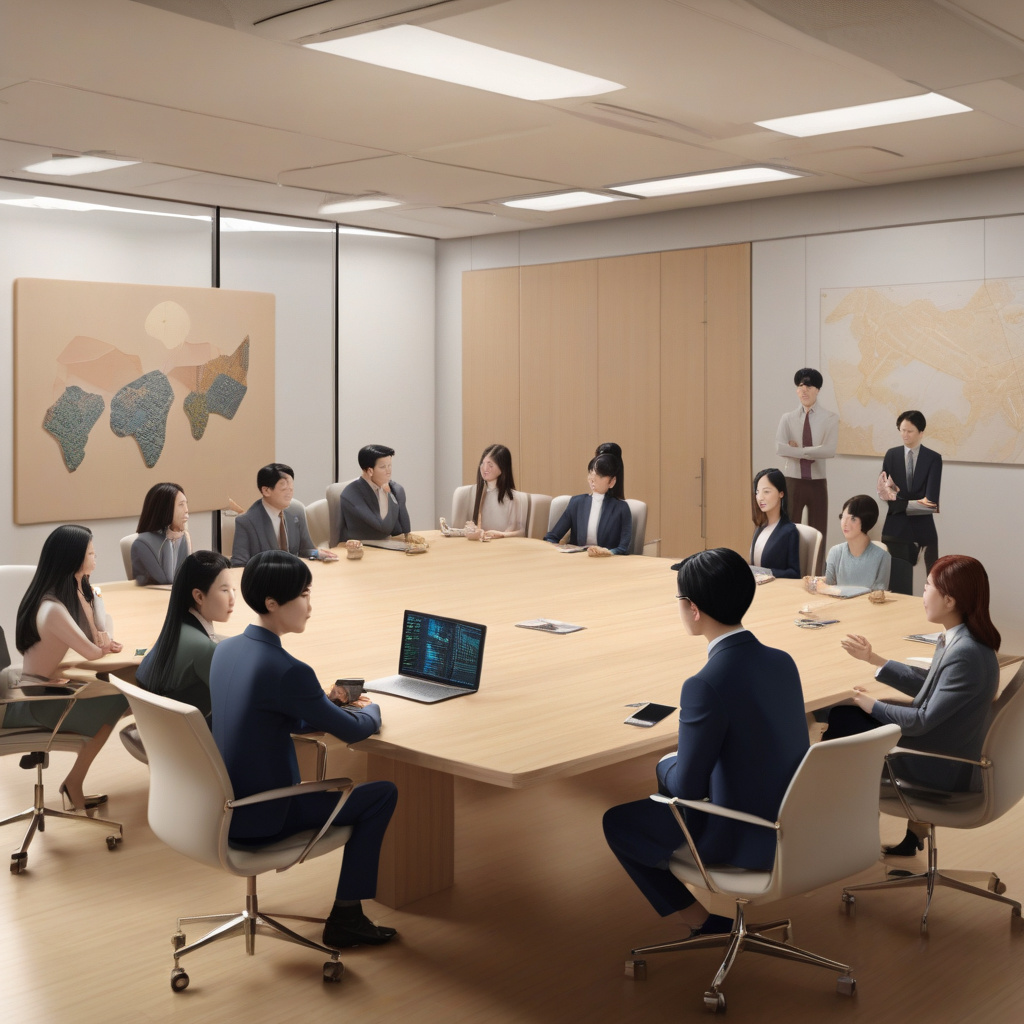South Korean Crypto Insiders Criticize the Stablecoin Regulation Bill
South Korea’s cryptocurrency market has been a hot topic of discussion lately, especially concerning the regulation of stablecoins. Industry insiders are speaking out against the proposed regulation bill, arguing that the current landscape of South Korea’s stablecoin market is too limited to apply regulations based on the Markets in Crypto Assets (MiCA) framework.
The MiCA framework, developed by the European Union, aims to provide a comprehensive regulatory framework for digital assets, including stablecoins. However, critics in South Korea believe that applying such regulations without considering the unique characteristics of the local market could stifle innovation and hinder the growth of the industry.
One of the key arguments put forth by South Korean crypto insiders is that the country’s stablecoin market is still in its nascent stages compared to other global markets. As such, imposing strict regulations based on the MiCA framework could place unnecessary burdens on industry players and limit the potential for development and adoption.
Moreover, industry experts highlight the need for a more tailored approach to regulating stablecoins in South Korea. By taking into account the specific characteristics of the local market, regulators can create a regulatory framework that fosters innovation while ensuring consumer protection and financial stability.
For instance, South Korea could consider implementing guidelines that focus on transparency, capital requirements, and investor protection, rather than adopting the one-size-fits-all approach proposed by the MiCA framework. By doing so, regulators can strike a balance between promoting innovation and safeguarding the interests of market participants.
In addition to the concerns raised about the applicability of the MiCA-based regulations, South Korean crypto insiders also emphasize the importance of engaging with industry stakeholders in the regulatory process. By soliciting feedback from industry players and incorporating their insights into the regulatory framework, regulators can ensure that the final regulations are practical, effective, and well-suited to the local market.
Overall, the debate surrounding the regulation of stablecoins in South Korea highlights the complexities and nuances of regulating digital assets in a rapidly evolving industry. While regulatory clarity is essential for fostering trust and stability in the market, it is equally important for regulators to strike a balance between oversight and innovation to support the continued growth of the cryptocurrency industry in South Korea.
#SouthKorea, #Crypto, #Stablecoin, #Regulation, #MiCA-basedRegulations
